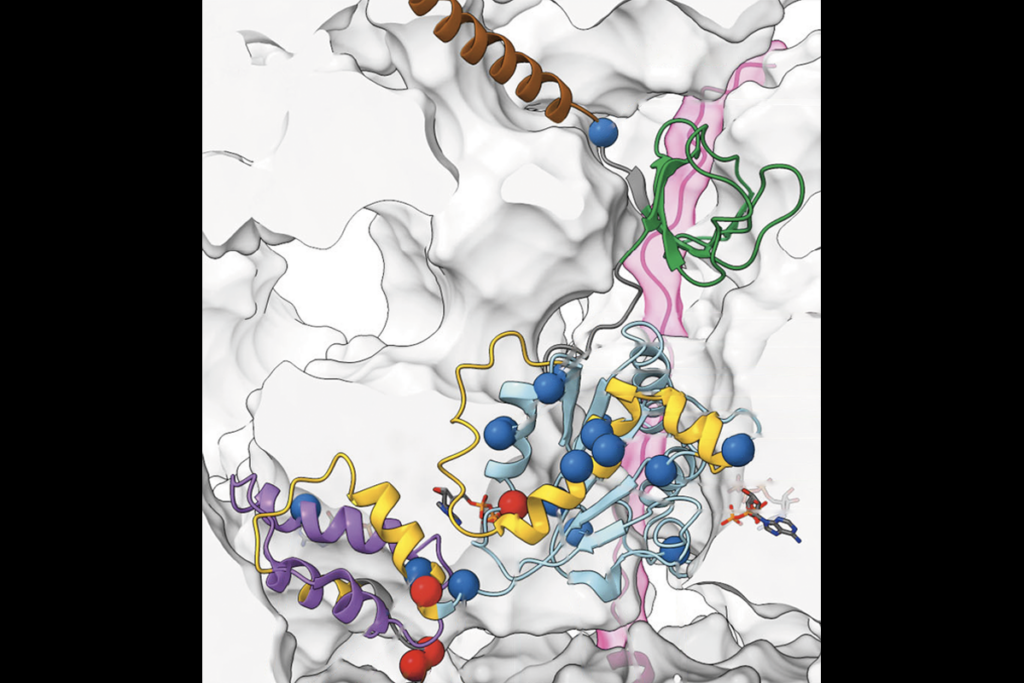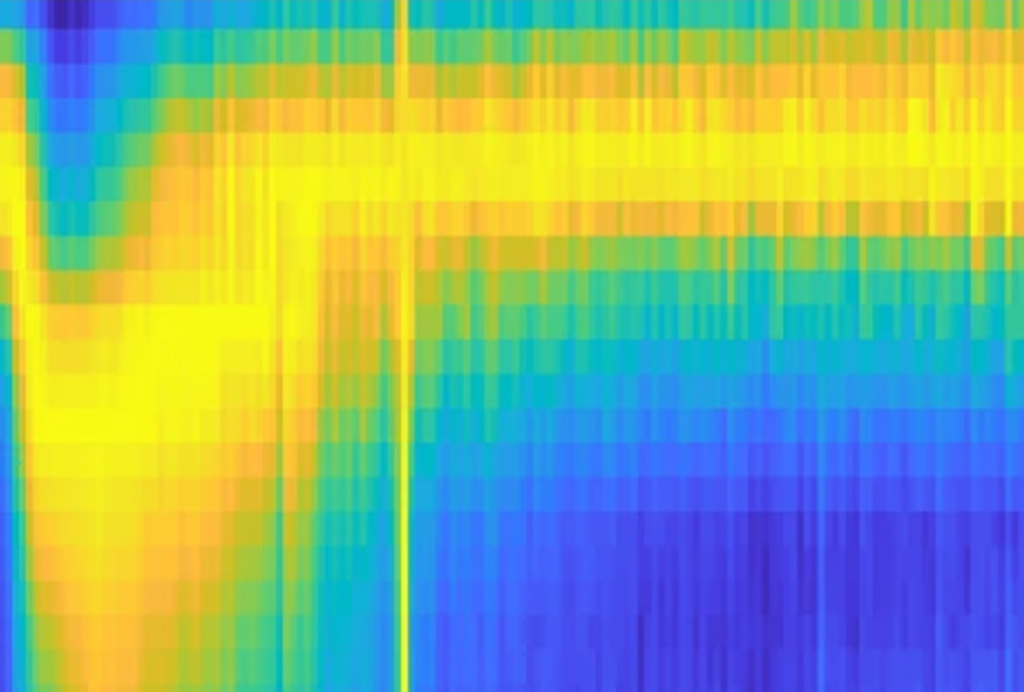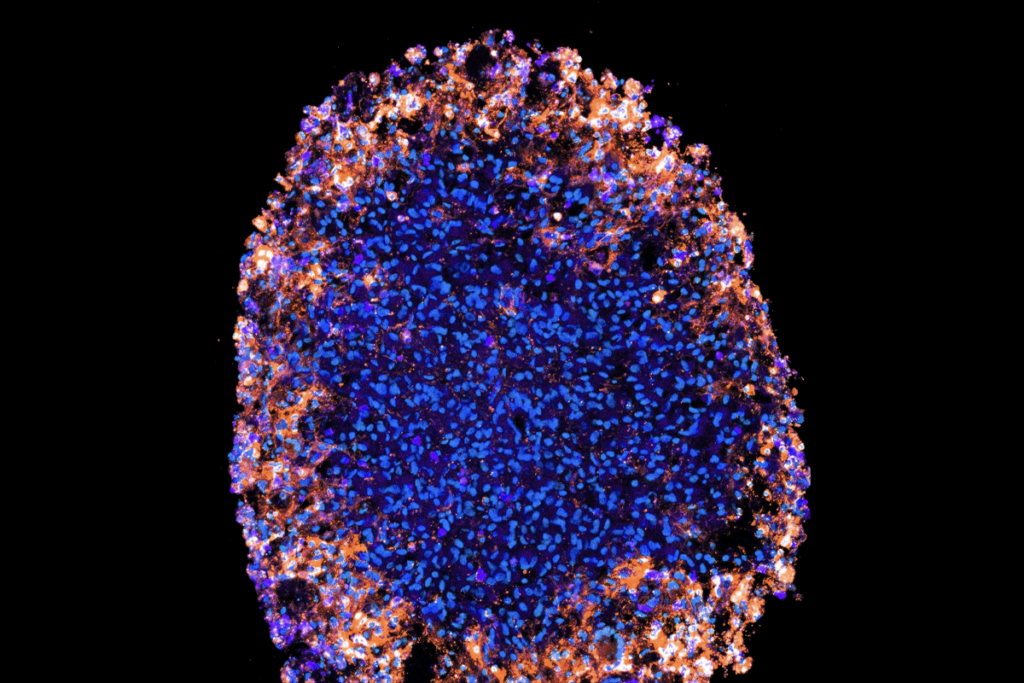Autism affects all people—regardless of race, ethnicity, income or nationality. Yet autism research rarely reflects that diversity. Study participants and autism researchers disproportionally come from Western, educated, industrialized, wealthy and democratic countries. Inclusivity efforts must also reckon with race when considering both study investigators and participants. A report in 2021 found little progress in improving the representation of Black researchers speaking at neuroscience conferences between October 2020 and May 2021, despite a push to improve diversity in the field.
That said, consciousness of inequalities, complex power dynamics and the importance of engaging with a much wider range of communities has expanded. In January, a special issue of the journal Autism highlighted new solutions for addressing the problem of parachute research, in which investigators from affluent countries or communities visit poorer ones, collect data and leave without supporting people on the ground with their insights. And in April, the U.S. National Institutes of Health solicited input on ways to address structural racism’s effects on the brain and the conduct of research. Meanwhile, several research groups are embracing participatory research in autism by including autistic people in research agendas, grant writing, designing studies and all other aspects of the investigatory process.
The collection of stories below from The Transmitter highlights some of the efforts to improve equity and diversity both within the field and in individual research projects.
- Autism research is becoming more diverse but not yet more global
- Despite calls to action, Black scientists remain underrepresented at neuroscience meetings
- Letter to the editor: Researchers must bridge disconnect at ‘autism crossroads’
- Autism research hits the road
- The perils of parachute research
- NIH seeks input on how structural racism affects brain research, health
- Six steps to engaging in participatory autism research




